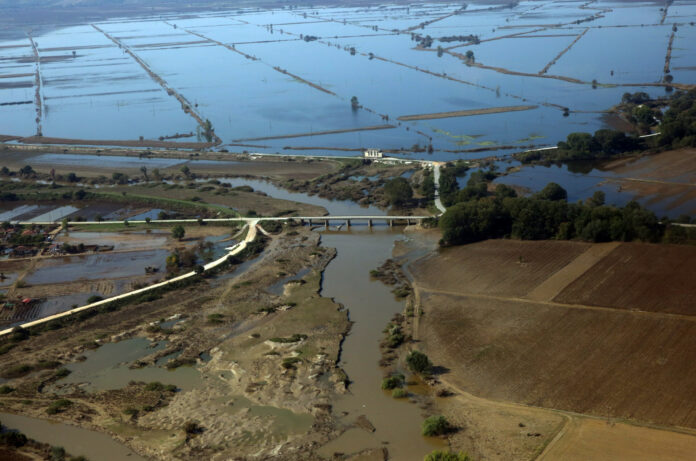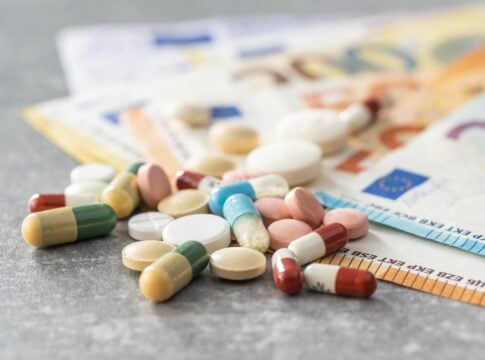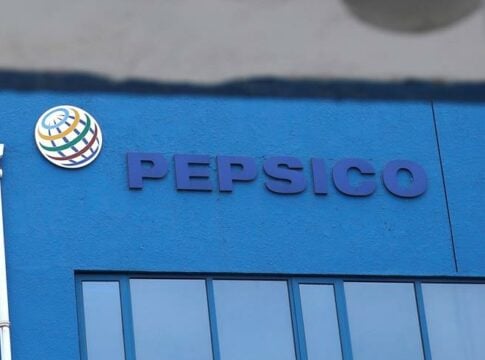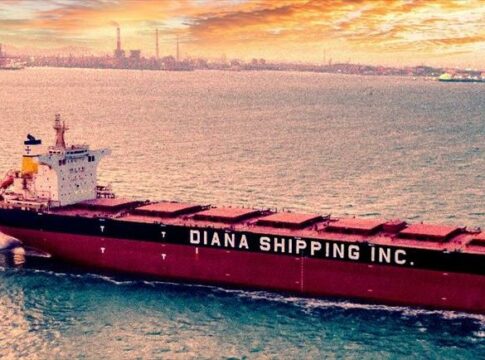Economic activity is expected to suffer a slight slowdown in the short term, due to the decline in agricultural and livestock production in the areas directly affected by the floods in Thessaly, while it is also expected to be affected from the damage in other sectors such as tourism, manufacturing and retail trade, as well as problems in critical infrastructures and networks (including road and rail networks as well as electricity and water supply infrastructures), National Bank of Greece (NBG) analysts estimated.
However, the short-term negative effects of the downturn in agricultural production and tourism in Thessaly will be mitigated by fiscal support and immediate and necessary spending by businesses and households, they added.
They also noted that Thessaly represents approximately 5% of Greece’s GDP, 6.7% of total employment, 14% of arable land and 7% of the gross value added produced by Greek manufacturing, with greater contribution to the production of arable crops (such as wheat, cotton and corn), as well as the production of fruits, vegetables, meat and dairy products and other processed foods.
In addition, the region corresponds (directly) to 4.3% (8.2 billion euros) of private sector bank deposits and to 3.4% (2 billion euros) of the rest of the financing to non-financial companies in the domestic bank system.














